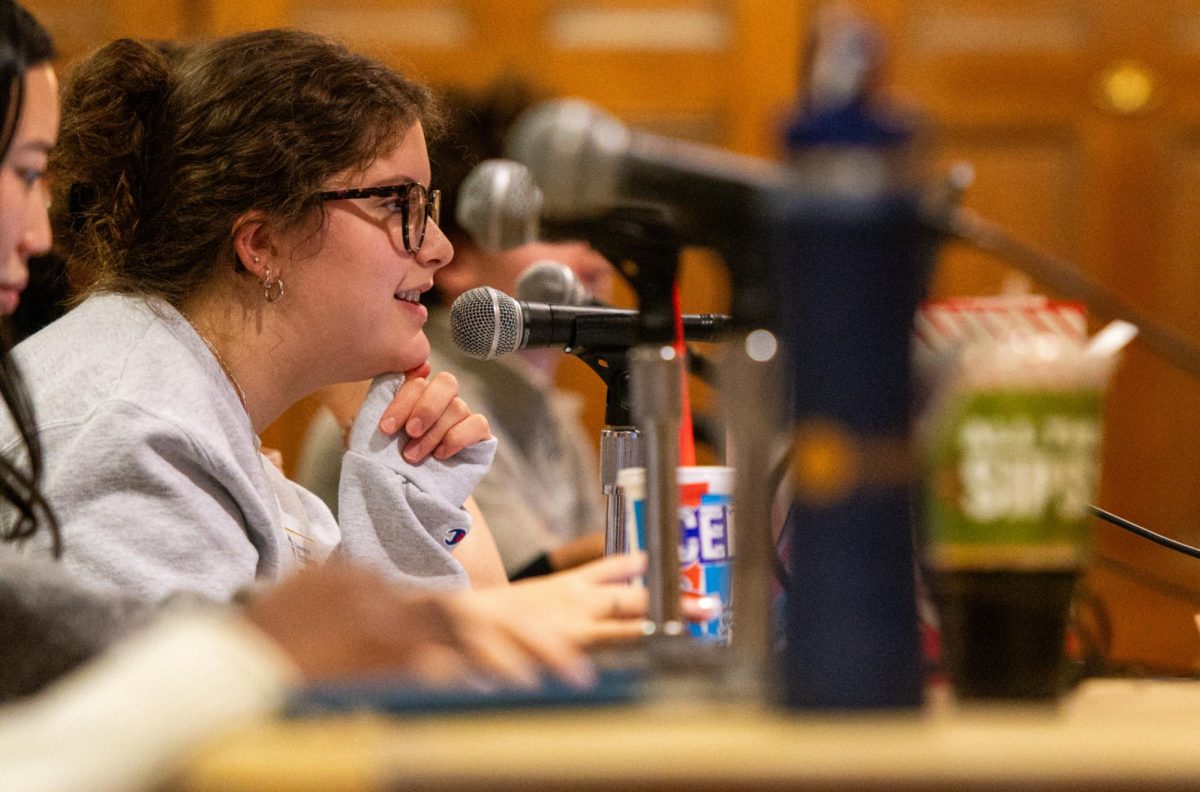Alzheimer’s Breakthrough Ride rolls through Oakland
September 13, 2010
A trio of cyclists stopped in Schenley Plaza Tuesday afternoon as part of the last leg of a… A trio of cyclists stopped in Schenley Plaza Tuesday afternoon as part of the last leg of a transcontinental journey to promote Alzheimer’s research.
Michael Darrah, Bill Lynch and Bruce Lamb are part of the Alzheimer’s Breakthrough Ride, a relay of 55 researchers biking 4,500 miles across the country to collect 100,000 signatures to promote Alzheimer’s research.
The ride made its third to last stop in Oakland, having gathered more than 99,000 signatures collected so far. The cyclists will end their journey next week at Capitol Hill in Washington, D.C., where they will present the petition to Congress in an effort to make Alzheimer’s research a top priority.
Pitt has been a center of research on the debilitating brain disease. Researchers at the university’s Alzheimer’s Disease Research Center have published almost 100 papers on the disease in the past five years. William Klunk, co-director of the center, and fellow researcher Chester Mathis were also recently featured in the HBO documentary, “The Alzheimer’s Project.”
Klunk said Pitt students should be both concerned and aware about the prevalence of Alzheimer’s, even though it tends to hit senior citizens.
Angela Geiger, the chief strategy officer of the Alzheimer’s Association and a Pitt alumna, agreed. She said Pitt researchers have played a large role in the eyes of the Alzheimer’s Association.
One in eight baby boomers will develop Alzheimer’s, a generation that includes most of the parents of current Pitt students, Geiger said.
“Look in the mirror tomorrow morning, because you and I are the epidemic,” Klunk said to about 60 people gathered in the plaza to support the riders. “It’s not out there, it’s in the mirror.”
For every five years that a person lives, his chances of getting Alzheimer’s greatly increases, Klunk said.
This could potentially become a financial and emotional burden for Pitt students, Geiger said. Caring for an Alzheimer’s patient requires extensive physical and monetary sacrifices, she said.
Lamb, a researcher and event planner, told the people in the crowd that they need to make sure Congress hears their voices.
The Breakthrough Ride began July 17 in San Francisco, and will travel through 65 congressional districts before stopping in Washington, D.C. The riders will present the signatures to Congress on Sept. 21, which is World Alzheimer’s Day.
The group is pushing to improve care for Alzheimer’s patients and caregivers, increase funding for research and convince Congress to formalize plans for fighting the disease.
One ironic point, Klunk said, is that funding for cancer research has done so much to cure the disease that people are living longer, increasing their chances of developing Alzheimer’s.
“You can’t just keep the body alive, you need to bring the brain with it,” Klunk said.
Alzheimer’s Association members said that for every $25,000 the federal government spends on care for people with Alzheimer’s, it spends only $100 on research for the disease.
Klunk proposed two solutions to combat the rising costs of Alzheimer’s and the increasing number of people who suffer from the disease.
“Either we all die soon, or we make it so that not as many people have Alzheimer’s,” he said.
The Alzheimer’s Association wants to solve the problem by making research on the disease a national priority.
“There are 5.3 million voices that need to be heard,” Klunk said.


